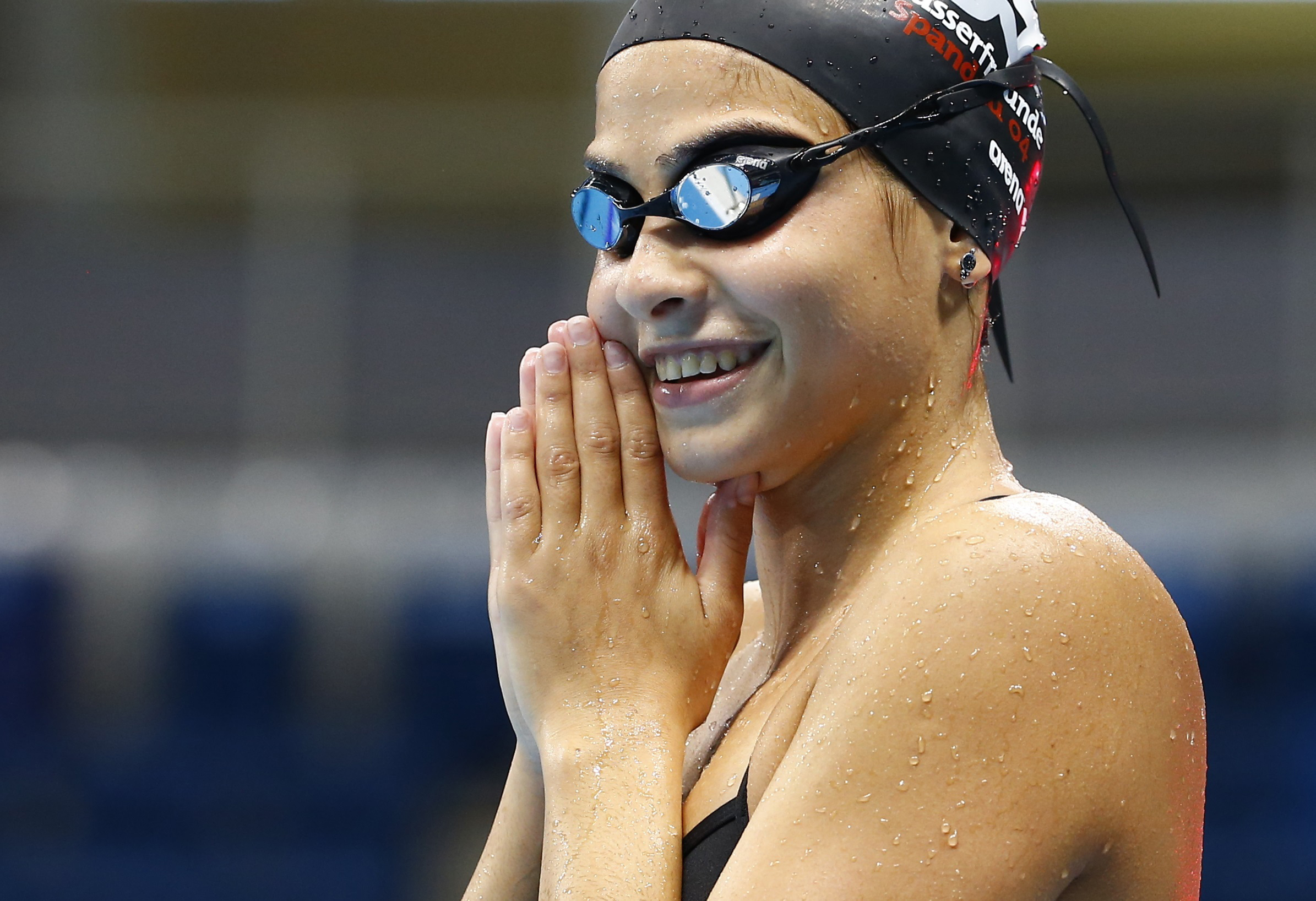
“Without swimming,” says Yusra Mardini, an Olympic athlete from Syria, “I don’t think I survive.” For Mardini, 18, this statement is no emotional exaggeration. In August 2015, as the Syrian civil war intensified, Mardini and her sister fled Damascus. They traveled through Lebanon and Turkey before attempting to cross the Mediterranean Sea into Greece. The motor on their dinghy, which was made to carry six people but instead had 20, stopped. It nearly capsized. Mardini, her sister and another person jumped into the water and pushed it to shore, saving everyone’s life.
Mardini, who eventually made it to Germany, will swim for the first-ever Refugee Olympic Team, a 10-member squad assembled by the International Olympic Committee so athletes swept up in the recent global refugee crisis can compete at the Games. The team also includes five runners from South Sudan who train in Kenya: Yiech Pur Biel (800 m), James Nyang Chiengjiek (400 m), Anjelina Nadai Lohalith (1,500 m), Rose Nathike Lokonyen (800 m), Paulo Amotun Lokoro (1,500 m); Yonas Kinde, a marathoner from Ethiopia now living in Luxembourg; Rami Anis, another swimmer who also left Syria; and two Congolese judo athletes, Popole Misenga and Yolande Bukasa Mabika.
Read More: Meet the Team of Refugees Who Will Compete at the Rio Olympics
At a media gathering in Rio, most questions were targeted toward Mardini, due to her dramatic journey and the tragic impact of the Syrian strife. “I want to tell everyone that I really miss Damascus,” says Mardini. “I want everyone to think of their dreams, because a lot of people there forget their dreams.” She realizes that this team is bigger than the 10 people who will march under the Olympic flag at the opening ceremony. “We are really happy together,” she says of the refugee team. “The team has great friendship, and all of us, we don’t know the same language, we’re not from the same countries, but the Olympic flag united us all together, and we are representing 60 million [refugees] from around the world.”
The IOC has been knocked for some of its decisionmaking, like passing the buck on the Russian doping ban to international federations, and issues with hosting the Games in developing countries, like Brazil. But the IOC deserves credit for the refugee Olympic team idea. Athletes like Mardini will be well worth watching over these next few weeks, even if they fall short of gold. Says Mardini: “I want everyone to think that refugees are normal humans.”
More Must-Reads from TIME
- Donald Trump Is TIME's 2024 Person of the Year
- Why We Chose Trump as Person of the Year
- Is Intermittent Fasting Good or Bad for You?
- The 100 Must-Read Books of 2024
- The 20 Best Christmas TV Episodes
- Column: If Optimism Feels Ridiculous Now, Try Hope
- The Future of Climate Action Is Trade Policy
- Merle Bombardieri Is Helping People Make the Baby Decision
Write to Sean Gregory / Rio de Janeiro at sean.gregory@time.com